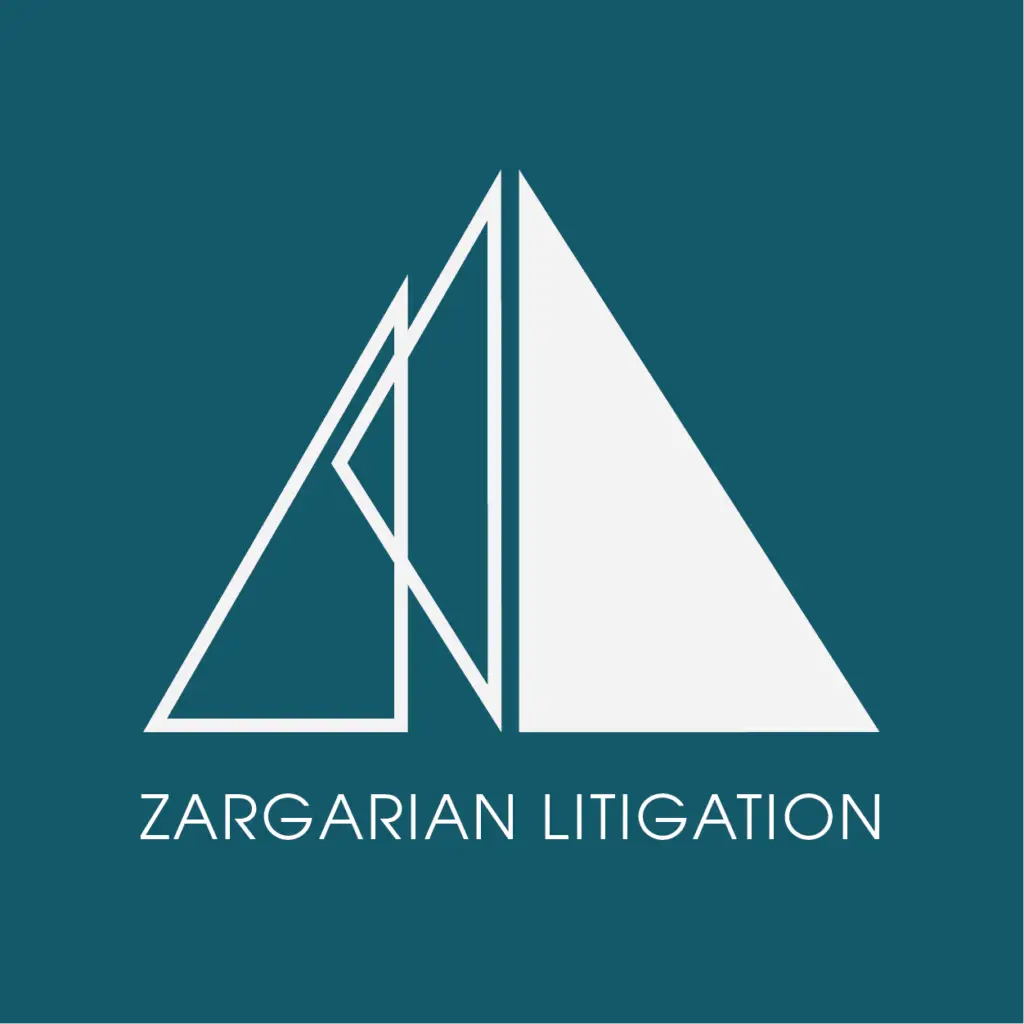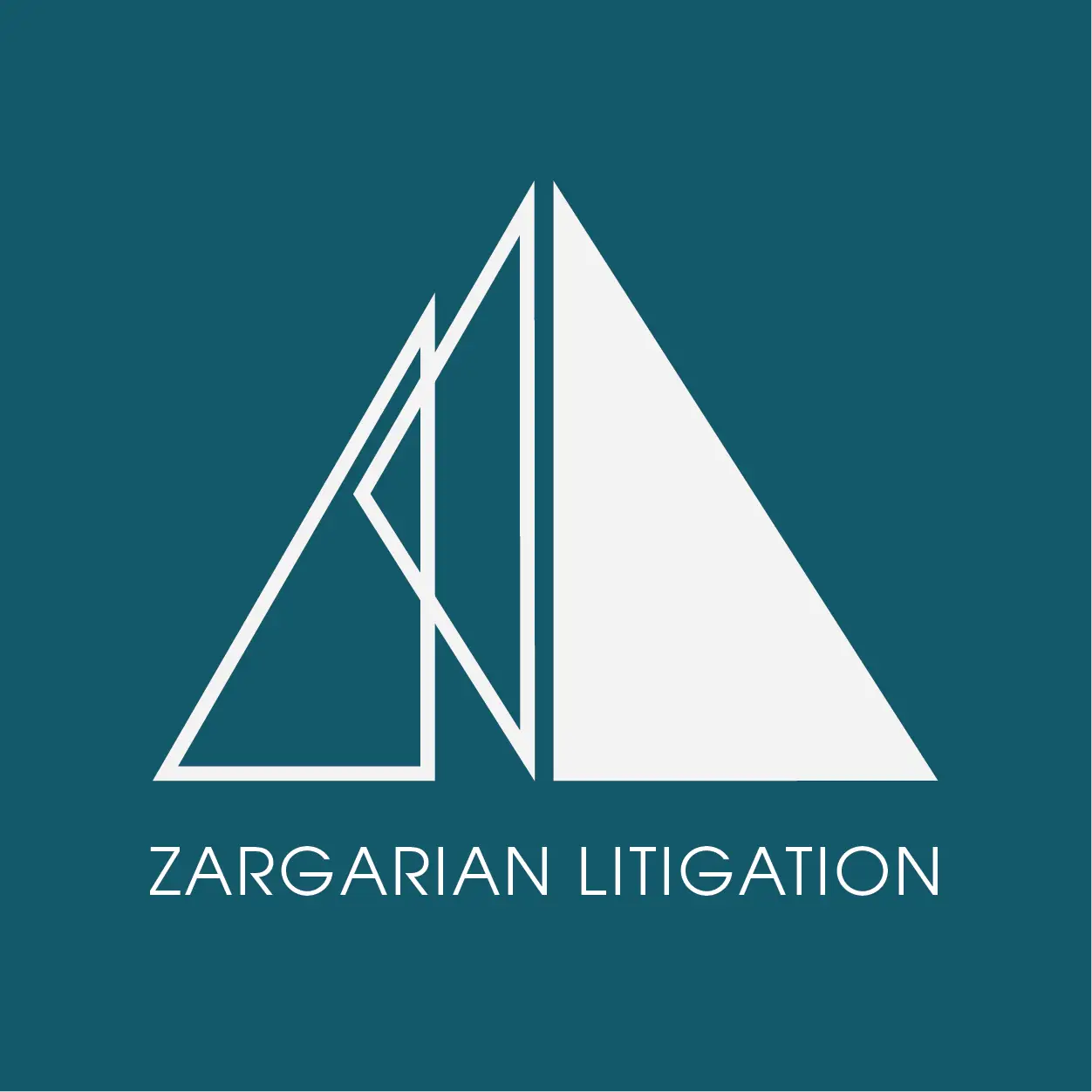Unfortunately, certain events in your personal life could necessitate taking an extended leave of absence from your employment.
According to the British Columbia Employment Standards Act, employees are permitted to take a leave of absence for specific reasons.
Here’s what you need to know about your workplace rights regarding taking a leave of absence.
Leave of Absence in British Columbia
A leave of absence is time off work that an employee is entitled to according to the Employment Standards Act.
Generally, a leave of absence must be approved by your employer or manager.
Under BC employment law, employees are entitled to take a leave of absence in the following circumstances:
- Maternity and parental leave: pregnant employees are entitled to a leave of absence of up to 17 weeks.
- Family responsibility leave: if you have a child in your care under the age of 19, you can take up to five days leave of absence to care for that child’s health and education.
- Compassionate care leave: employees are permitted to take up to 27 weeks leave of absence should they be providing care for a family member who is terminally ill.
- Bereavement leave: if an employee experiences the death of a family member, they are allowed to take three days (consecutive or nonconsecutive) bereavement leave.
- Jury duty leave: should an employee need to attend court as a juror, they can take jury duty leave.
Other leave of absences include critical illness or injury leave, leave respecting the disappearance of a child, and reservists’ leave.
It’s worth noting that your leave of absence days are generally unpaid.
What Are Your Rights During a Leave of Absence?

While you are away and during your leave of absence, your employment is considered continuous.
This means that:
- your employer should continue to make payments to your benefit plans (unless you elect to those payments paused);
- your annual vacation days will continue to be counted; and
- your termination entitlements and length of service will continue on the same as they would typically have.
What Are Your Rights When You Return From Your Leave of Absence?
You are entitled to return to your job or in a similar position after taking your leave of absence.
In other words, your employer is not permitted to terminate your employment contract or alter the conditions of your employment agreement without your knowledge and your written consent.
Should your position no longer be available, your employer can terminate your contract. However, the termination must be carried out according to the BC Employment Standards.
COVID-19 Leave of Absence
As a result of the worldwide coronavirus pandemic, the BC government introduced an unpaid leave of absence for COVID-related reasons.
You will be entitled to take a COVID-19 leave of absence in the following circumstances, namely:
- where you’ve been diagnosed with COVID-19 and need to take a leave of absence as per instructions from a medical health officer or a medical practitioner, nurse practitioner and registered nurse;
- where you are required to quarantine or self-isolate;
- where your employer is concerned about possible COVID-19 exposure;
- where you have to provide care for your child because their school or daycare has closed due to COVID-19 exposure; and
- where you cannot return to work due to border closures.
Key Takeaways
There are various circumstances in which you are permitted to request a leave of absence from work.
Generally, taking a leave of absence in BC is unpaid unless your employment agreement provides otherwise.
However, your employment position must be considered continuous under the BC Employment Standards Act. This means that your employer cannot terminate your employment contract or change your employment agreement’s conditions without your written consent.
In light of the current changes brought on by the coronavirus pandemic, the BC Government amended the leave of absence provisions in the Employment Standards Act to accommodate COVID-19 leave of absences.
If you find yourself in a position where you think your leave of absence entitlements have not been observed, it is important to seek legal advice from an employment lawyer to understand all your rights.
Zoe could help you determine whether you have been granted your leave of absence correctly and what the appropriate route should be pursued if you have not.
Get in touch today to get the best possible outcome in your leave of absence dispute.



